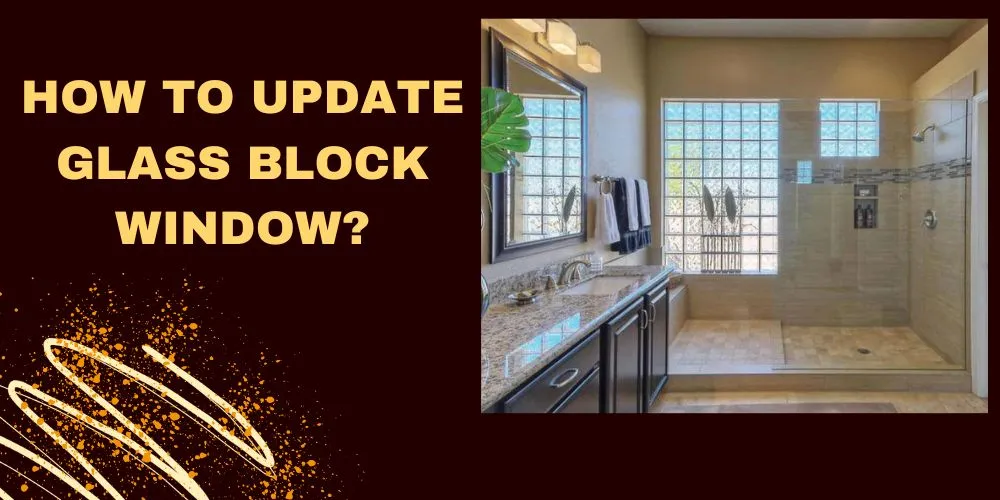In any typical home that uses a water heater, an anode rod plays a crucial role. This relatively simple component is vital for preventing the corrosive tendencies of water from damaging the tank.
But, are anode rods universal?
Well, when it comes time to replace an anode rod, many homeowners wonder whether anode rods are universal and can fit any water heater model. Understanding the specifics can help prolong the life of your water heater and ensure it runs efficiently.

Are Anode Rods Universal?
Types of Anode Rods
Anode rods come in mainly three types: aluminum, magnesium, and zinc. Aluminum rods are cost-effective and work well in areas with hard water. However, they may not be the best choice for drinking water as they can increase aluminum levels.
Magnesium rods are more efficient at protecting the water heater and are better suited for soft water areas. They tend to degrade faster but do a superior job at corrosion protection.
Zinc rods are essentially aluminum rods with a small percentage of zinc, mainly used to combat sulfur smells in the water.
Functionality
An anode rod attracts corrosive materials in water. This prevents the tank and other metal components from corroding.
The rod does this through an electrochemical process where it corrodes in place of the water heater’s tank. This sacrificial process is central to prolonging the lifespan of water heaters.
Factors Affecting Anode Rod Compatibility

Water Heater Compatibility
Water heaters come in various designs and models, each potentially requiring a specific type of anode rod. It’s crucial to check the manufacturer’s specifications before purchasing a new rod.
Not all rods are interchangeable, and using the incorrect type can lead to inadequate protection from corrosion or even damage the water heater.
Rod Size and Material
Anode rods vary in size and diameter. The right choice depends on the size of your water heater and the type of water in your region. Additionally, the material of the anode rod should complement the water type to provide optimal corrosion protection.
For example, homes with soft water would benefit most from magnesium rods, while those with hard water might opt for aluminum.
Installation Requirements
Anode rods also differ in their installation needs, particularly in the thread size used to attach them to the water heater. Using the wrong thread size can prevent a secure fit, leading to leaks or a non-functional rod.
It’s essential to ensure that the new rod matches the thread type of the existing setup.
Is There Really a “Universal” Anode Rod?
The concept of a universal anode rod is misleading. Given the differences in water heater models, water types, and anode rod materials, it’s rare to find a one-size-fits-all solution.
The effectiveness of an anode rod depends heavily on selecting the right size, material, and type for your specific water heater and local water conditions.
Selecting the Right Anode Rod

Assess Your Water Heater
First, determine the make and model of your water heater. This information typically found on a label on the heater will guide you toward the specifications you need for a replacement rod.
Understanding the specifications of your current anode rod, which involves checking its size and material, is also beneficial.
Consider Water Type
The water’s chemical composition in your area affects the type of anode rod you should use. Harder water usually requires different materials than softer water.
In cases of extremely hard water, an aluminum rod might be more effective, whereas softer water conditions are ideal for magnesium rods.
Professional Advice
When in doubt, it’s advisable to consult a professional. A plumber can offer valuable advice on the best type of anode rod for your water heater.
They can also help with installation, ensuring that the anode rod functions correctly and does not void any warranties.
Common Installation Mistakes
A frequent error is choosing the wrong size or type of anode rod for the heater, which can lead to poor performance or damage.
Another common issue is improper installation, which might include an incorrect fit or not following the manufacturer’s directions closely during installation.
Maintenance Tips
Regularly check and replace anode rods as part of water heater maintenance. Typically, an anode rod lasts about five years, but this can vary depending on water quality and usage.
Signs of significant wear or deterioration on the rod often indicate it is time for a replacement.
Pro Tips

Schedule regular inspections of your anode rod and water heater. These check-ups can prevent issues and save on future repair costs.
Investing a little in maintenance can prolong your appliance’s functionality substantially.
Cost Analysis
Anode rods vary in price, with magnesium typically being more expensive than aluminum but offering better protection in soft water areas.
Investing in the appropriate anode rod for your water type not only ensures effective corrosion protection but can also extend the life of your water heater, proving to be more cost-effective in the long run by reducing the frequency of replacements and potential water heater failures.
Selecting the right anode rod can therefore have significant long-term savings on maintenance costs.
Frequently Asked Questions
How do I know when to replace my anode rod?
Check annually for any visible signs of deterioration. Replacement typically becomes necessary every three to five years.
Can I use a magnesium anode rod in any water heater?
It depends on the water type and heater specifications. Consult your manufacturer’s guide or a professional before making a switch.
What happens if I don’t replace my anode rod?
Failure to replace a worn-out anode rod can lead to rapid corrosion and failure of the water heater tank.
Are there any universal adapters for anode rods that don’t fit?
Adapters are available, but it’s best to use the specific anode rod that fits your heater to avoid problems.
Is it safe to install an anode rod by myself?
Yes, if you have basic DIY skills and follow the manufacturer’s instructions carefully. However, when in doubt, it’s wise to call a professional.
Conclusion:
While anode rods are not universal, understanding the specific needs of your water heater and local water conditions can guide you to the correct choice.
Regular maintenance and the right anode rod will extend the life of your water heater and help avoid costly repairs.


